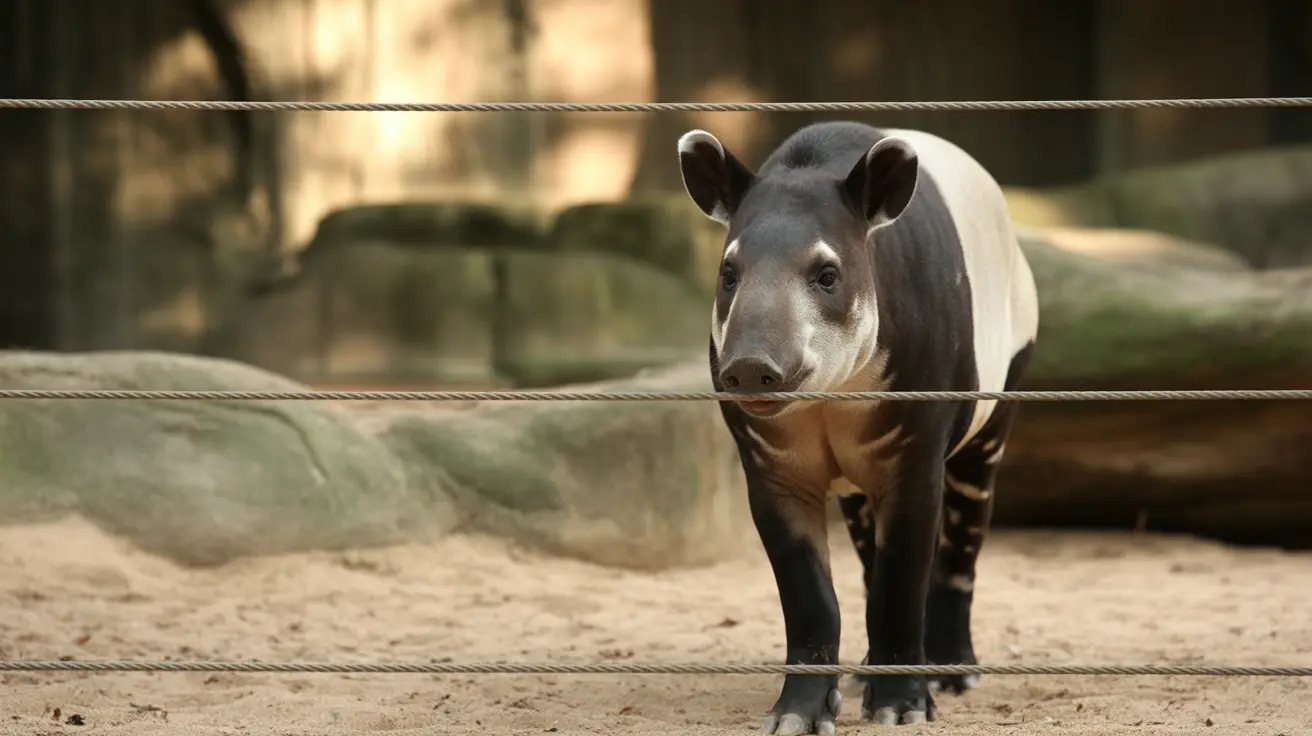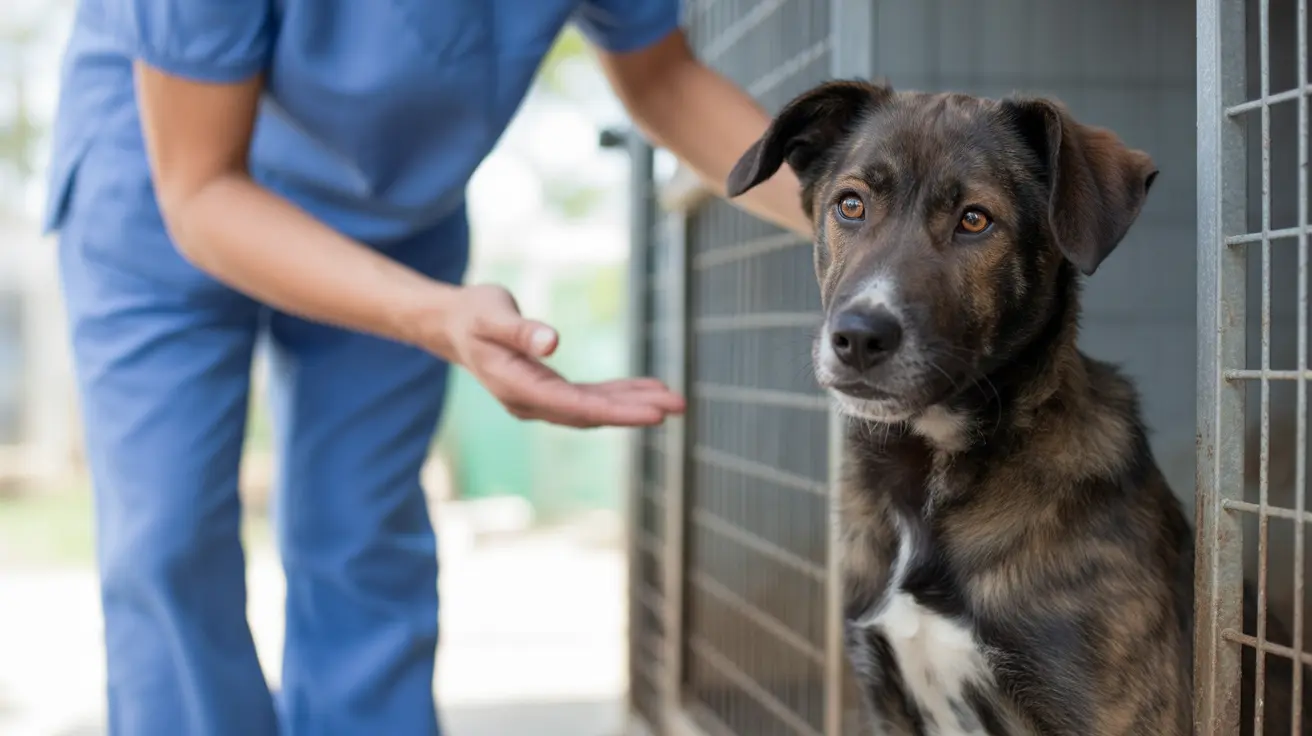Why the Havanese Makes an Excellent House Dog
The Havanese is a small, friendly, intelligent breed that has quickly earned a reputation as one of the best companions for indoor living. Originating from Cuba and closely related to other members of the Bichon family, this dog is especially beloved by city dwellers and families alike. Its cheerful demeanor, adaptability, and manageable size make it an ideal choice for those living in apartments or houses.
History and Origins
The Havanese is the only native dog breed of Cuba and descends from the Tenerife Dog brought by Spanish settlers. These ancestors interbred with Maltese and Poodles to produce today’s Havanese, which was once adored by Cuban aristocracy. After the Cuban Revolution in 1959, only a few dogs were exported, but these formed the basis for the breed's resurgence in the United States.
Physical Characteristics
- Weight: 7–13 pounds (3–6 kg)
- Height: 8.5–11.5 inches (22–29 cm) at the shoulder
- Coat: Long, silky double coat (straight, wavy, or lightly curled)
- Tail: Plume carried over the back
- Colors: Wide range, including white, black, cream, gold, silver, chocolate, and more
The Havanese’s coat acts as insulation, making them surprisingly heat-resistant. Many owners choose to keep the coat short ('puppy cut') for easy maintenance, although some prefer to show them with long or corded coats.
Temperament and Behavior
This breed is known for its affectionate and sociable nature. Havanese dogs get along well with children, adults, and other animals. They thrive on human interaction and are prone to separation anxiety when left alone for long periods. Their playful and gentle nature makes them ideal family pets.
They are attentive and enjoy games, making them great house dogs for active households as well as those looking for a more relaxed companion.
Trainability and Intelligence
Havanese are highly intelligent and eager to please. This makes them relatively easy to train, especially when using positive reinforcement techniques. They excel in:
- Obedience
- Agility
- Trick training
- Therapy work
Early socialization is important to prevent shyness and nervousness around strangers.
Exercise Needs
Havanese are not high-energy dogs, requiring only 20 to 40 minutes of exercise daily. This can include:
- Short walks
- Play sessions
- Interactive toys
- Indoor games and training exercises
Despite their small size, they enjoy participating in canine sports and activities like rally obedience or agility for mental enrichment.
Grooming and Care
Havanese possess a long double coat that requires regular grooming:
- Daily brushing if kept long
- Bathing as needed
- Trimming or corded coat options
- Regular eye, ear, and dental care
Although not entirely hypoallergenic, they shed very little and are less likely to trigger allergies compared to other breeds.
Health and Lifespan
Havanese are generally healthy and long-lived, with a life expectancy of 13 to 16 years. Some common health issues include:
- Patellar luxation
- Hip dysplasia
- Eye diseases (e.g. cataracts, PRA)
- Heart conditions
- Allergies
- Hypothyroidism
Regular vet checks, a balanced diet, exercise, and responsible breeding all contribute to maintaining their health.
Living Conditions and Suitability
Havanese are highly adaptable:
- Suit small apartments or large homes
- Do well with families, singles, and seniors
- Need consistent companionship and engagement
They prefer not to be left alone for long and do best in homes where someone is often present.
Notable Facts
- Official national dog of Cuba
- Owned by famous individuals such as Queen Victoria and Ernest Hemingway
- Almost extinct post-Cuban Revolution but revived in the 1970s
- Highly regarded in dog shows and therapy work
Conclusion
If you’re looking for a gentle, intelligent, and loving house dog, the Havanese is a fantastic option. Their small size, social disposition, and moderate exercise needs make them ideal for city or apartment living. With proper training, grooming, and companionship, a Havanese is sure to be a delightful and loyal addition to almost any household.





